
Weight Watchers (WW), Jenny Craig, and the Nutrarian Diet top the list of 10 best brand-name diet plans. Get highlights here, then find out what your patients are reading.

Weight Watchers (WW), Jenny Craig, and the Nutrarian Diet top the list of 10 best brand-name diet plans. Get highlights here, then find out what your patients are reading.
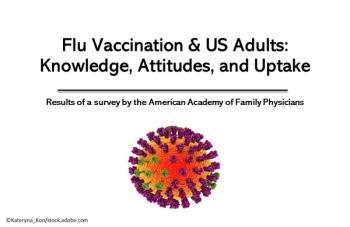
When asked about flu and flu vaccination, nearly one-third of US adults got all of the facts wrong. So, are they getting vaccinated?
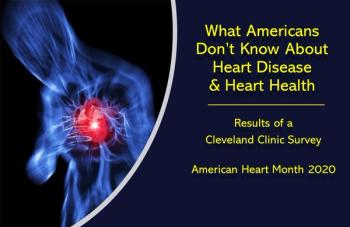
A Cleveland Clinic survey of US adults found that only 8% know that the majority of heart disease is due to modifiable risk factors.
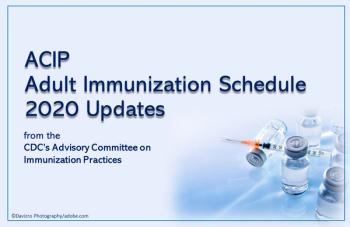
Click through a quick summary of the key changes made to the CDC's Advisory Committee on Immunization Practices' 2020 recommendations for adults.

To support efforts to contain the 2019 novel coronavirus, the WHO has launched a comprehensive online education series for all healthcare and public health officials.

Which 5 diets are best for your diabetes patients out of the 35 ranked most popular by US News & World Report health experts?
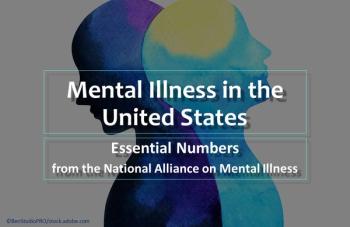
Mental illness affects 1 in 5 US adults every year; some of them are your patients. This brief study of "the numbers" is essential.
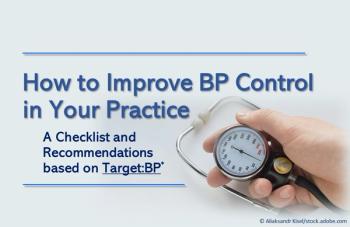
To help primary care physicians focus on details essential to optimal BP control, we summarize checklists from Target: BP, a new AHA/AMA initiative.

The new 3-in-1 oral therapy may help reduce treatment burden for T2D patients who most often require multiple agents.

Of 35 of the most popular diets ranked by health experts, we highlight the top 10. The "Best Diets" issue reached your patients this month. See what they're reading.

How did Kansas City fans celebrate Superbowl LIV? With responsible consumption of a favored ETOH. Find out who drinks what with a short post-season quiz.
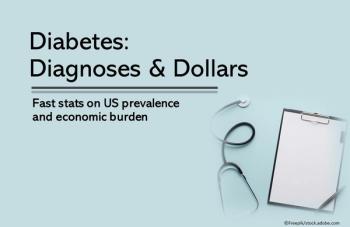
A US diabetes diagnosis is made every 21 seconds; 40% of millennials with T2DM can't pay for treatment. And there is more PCPs will want to know.

Analysis of EEG data from patients with major depressive disorder predicted response to SSRI treatment with accuracy of nearly 80%, according to a new study.
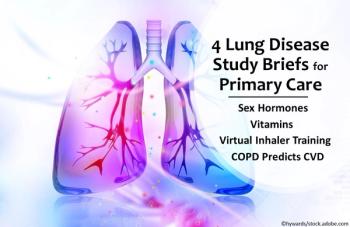
Testosterone could protect women from asthma and niacin may decrease COPD severity in men--results of 2 of these 4 studies. Read more.
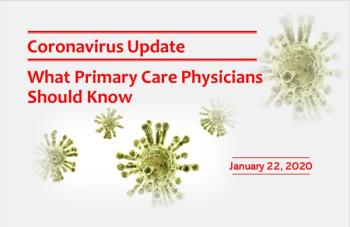
The first US case of the 2019 novel coronavirus had been identified. Here is what you need to know about the illness responsible for sickening >500 individuals and the death of 17.

Abdominal obesity was independently associated with recurrent MI or stroke despite secondary preventive measures, according to a new study.
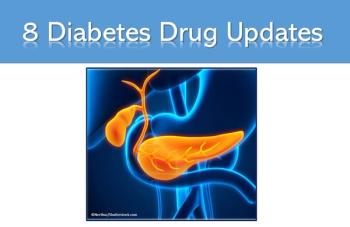
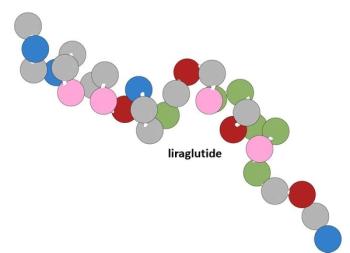
Treatment with liraglutide for 26 weeks had no impact on bone resorption in patients with T2D, say authors of a new study.
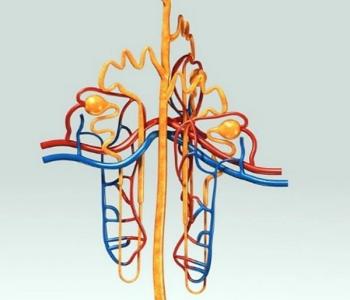
Cardiovascular diseases, particularly heart failure, were found significantly and independently associated with end-stage renal disease in a new analysis.

Morbid obesity significantly increases risks associated with diverticulitis including open surgeries and mortality, according to new research.
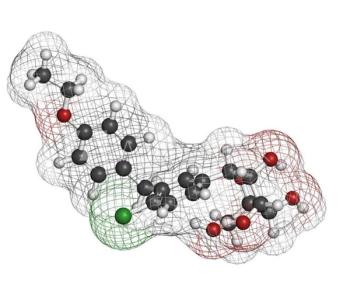
Dapagliflozin received FDA priority review for reducing risk of CV death in adults with heart failure with reduced ejection fraction.
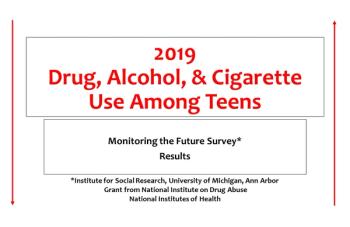
Survey Says: Use of cigarettes and alcohol is down among teens but daily marijuana use is up among 8th graders and and vaping is accelerating rapidly among 10th and 12th graders.

RELAX: The right gift is out there--as proof, Patient Care has collected 10 more ideas for medical merry-making that range from serious to silly. Enjoy!

In an effort to promote some good-natured holiday healthcare gift-giving, editors at Patient Care® did some window shopping for you.
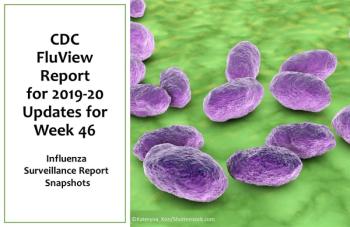
Seasonal influenza activity is at or above baseline as of week 46, according to the CDC. Get a snapshot of the data.
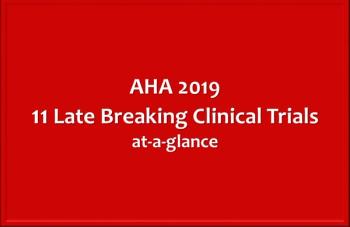
AHA 2019 ICYMI: Summaries of 11 late-breaking clinical trials presented at the 2019 Scientific Sessions held in Philadelphia, PA, Nov 16-18.

The cost associated with smoking cigarettes doesn't end with the price of a pack. A new study looks deeper in all 50 states plus DC.
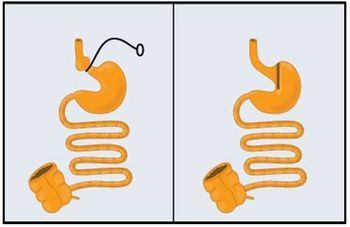
After bariatric surgery, risk of a cerebrovascular event among obese patients was found to be signficantly lower than among matched controls. An AHA 2019 preview.

Intensive control of blood pressure may extend survival by 4% to 9%, according to analysis of SPRINT data that will be presented at the AHA 2019 Scientific Sessions next week.

A novel report on US opioid misuse melds results from a Harris Poll of 500 primary care physicians with Quest Diagnostics data on 4.4 million drug monitoring tests.